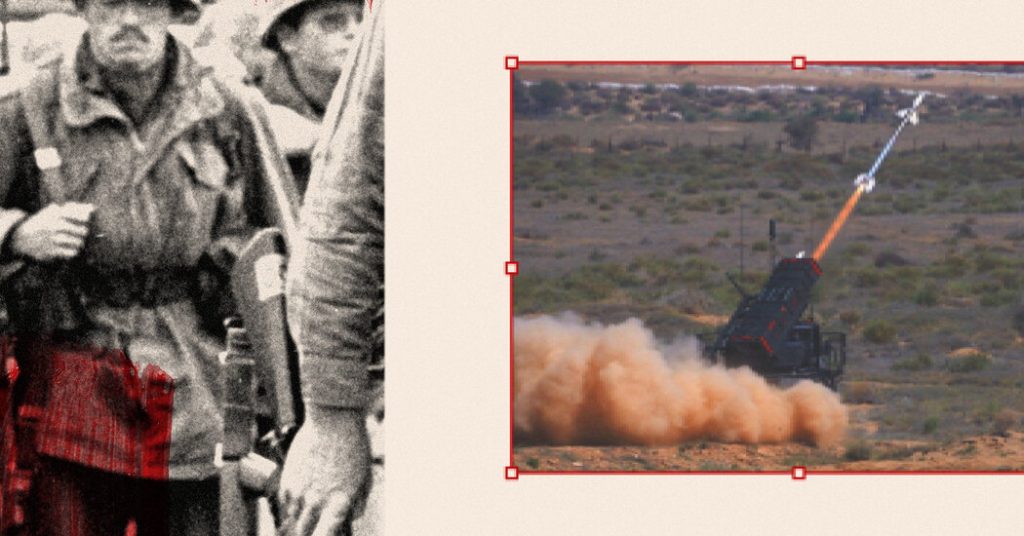
Credit…Sakshi Jain
Let’s start with a phrase I loathe, one I promise will never appear in this column again: “transcending the genre,” which is so often applied to crime novels. The implication is that crime fiction, as a category, is begging for reinvention and reinterpretation, for quality prose where it did not exist before, for some author to come along and save it from its worst instincts.
Nonsense. The genre does not need saving. Smart, sharp and endlessly inventive, it’s salvation for readers in need of entertainment and escape.
Reading widely, always my goal, introduced me to a marvelous array of mysteries this year. Here are the ones that stood out.
Best Debuts
When I reviewed Eli Cranor’s DON’T KNOW TOUGH back in March, I called it “one of the best debuts of 2022,” and my opinion hasn’t changed. The raw ferocity of Cranor’s prose is perfectly in keeping with the novel’s examination of a high school football team, their tormented coach and the town that demands constant winning no matter the cost. “Don’t Know Tough” is unmistakably noir in the rural Southern tradition: grim and gritty, a cauldron of terrible choices and even more terrible outcomes. I cannot imagine how Cranor will top it.
A number of heist and con artist novels published this year grappled with larger socioeconomic and racial injustice. The best and most entertaining of these was Grace D. Li’s debut, PORTRAIT OF A THIEF, which juxtaposes thrilling international antiquities heists against a layered examination of what it is to be displaced, overlooked and underestimated.
Best Standalones
REAL EASY, by Marie Rutkoski, is a thoughtful, character-driven mystery revolving around a strip club and the women who dance there. It never once dips into stereotype. “It makes her impatient, the way people think that a stripper must be some cracked-out whore, like no good woman ever took off her clothes for practical reasons,” one dancer thinks. With multiple perspective shifts among detectives, dancers, family members and club patrons, it’s a challenging narrative, but one that masterfully inverts standard crime tropes.
Absence and loss permeate Tyrell Johnson’s THE LOST KINGS in a way that surprised and moved me multiple times over the course of the novel. The anguish Jeannie King feels at the abrupt disappearance of her father and twin brother informs every aspect of her life — which is why the prospect of discovering the truth threatens to shatter her very being. I loved how the twists felt psychologically true, a reflection of the way buried trauma always resurfaces, inflicting damage and then lancing the wounds.
It’s been so long since Chuck Hogan wrote a stand-alone novel that when GANGLAND came out, I set aside whatever I was doing and started reading, and I didn’t stop till I was done. This 1970s-set novel, which is now my favorite of Hogan’s, revolves around Chicago mobsters like Tony Accardo and Sam Giancana (whose murder remains unsolved). It’s a masterly portrait of allegiances forged and broken.
Two novels into her career, Wanda M. Morris has established herself among the biggest risk-takers in the crime genre. ANYWHERE YOU RUN casts the reader into 1964 Mississippi, when the civil rights movement was in full swing. Marigold and Violet Richards are sisters at first stuck in their assigned roles of Good Girl and Bad Girl, but then they each make a series of choices that test their mettle and land them in more danger than they ever dreamed possible.
Best in a Series
I was mightily impressed with Robyn Gigl’s debut, “By Way of Sorrow,” which introduced the defense lawyer Erin McCabe, but Gigl’s second outing, SURVIVOR’S GUILT, is even better. A groundbreaking series — Erin is trans, one of precious few in crime fiction — now stands to become a definitive one. Gigl is especially gifted at writing razor-sharp, compulsively readable courtroom scenes, something that sinks many legal thriller authors.
Nothing pleased me more than the arrival of a new Vera Kelly mystery by Rosalie Knecht. Alas, there will be no more, but VERA KELLY LOST AND FOUND concludes the trilogy at the highest possible level. It opens in 1971, two years past Stonewall. When her girlfriend Max disappears, Vera puts her private detective skills to work, unearthing all manner of secrets and tragedy. I’m still haunted by one line: “We had gotten in the habit of mystery, and now we didn’t know how to drop it.
I’ve been waxing rhapsodic about Stephen Spotswood’s Pentecost and Parker mysteries for a few years now; they push all of my reading pleasure buttons. SECRETS TYPED IN BLOOD, the third book in this 1940s-set private eye series, is even smarter, spikier and more surprising than the first two.
Best Overall
I read Danya Kukafka’s NOTES ON AN EXECUTION not long before it came out in January. Even then, I knew it would rank among my favorites, but it’s my pick for the year’s best mystery because, simply put, I think about it every single day. In bringing the voices of the women orbiting a murderer to the forefront, Kukafka flips the script on serial killer thrillers — a script in dire need of permanent rethinking.
One More: Best in Genre Nonfiction
Crime fiction is blessed to have Martin Edwards. He’s a novelist; he edits anthologies; and he oversees the British Library line of reissued crime classics. There are few others who could be persuaded to write a cradle-to-grave (so to speak) compendium of the genre that would pay homage to and supersede Julian Symons’s essential “Bloody Murder” (1972), but Edwards has indeed done this with THE LIFE OF CRIME. It should be part of every discerning mystery reader’s library.




